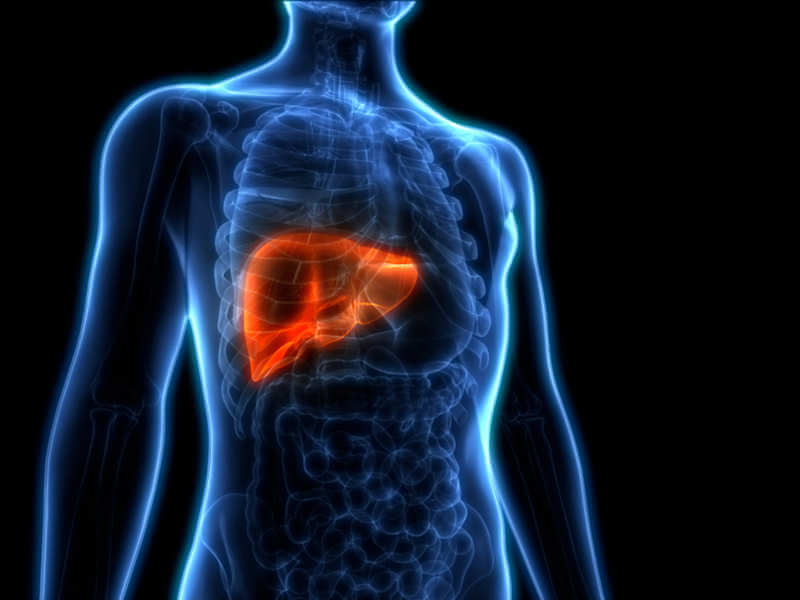Cannabinoids have been associated with improved outcomes in non alcoholic fatty liver disease

The increased development of obesity and excess weight can lead to non-alcoholic fatty liver diseases. Recent findings suggest that cannabis use has a protective effect on weight gain and associated metabolic changes in patients with psychosis.
According to a three year longitudinal study published in 2019, cannabis use can have a protective effect against liver steatosis.
390 patients were examined at two points in time. Firstly, at the start of the study, and secondly, after 3 years of initiating antipsychotic treatment. Anthropometric measurements and liver, lipid, and glycemic parameters were obtained at both points in time. Patients were treated at the Department of Psychiatry of the University Hospital de Valdecilla in Santander, Spain.
During the second examination, cannabis users significantly had lower FLI (Fatty Liver Index) values than non-users.
In addition, cannabis users met the criteria for liver steatosis less frequently than non-users. Patients who consistently used cannabis after 3 years of use represented the smallest increase in FLI over time.
Source:Cannabis-Med


